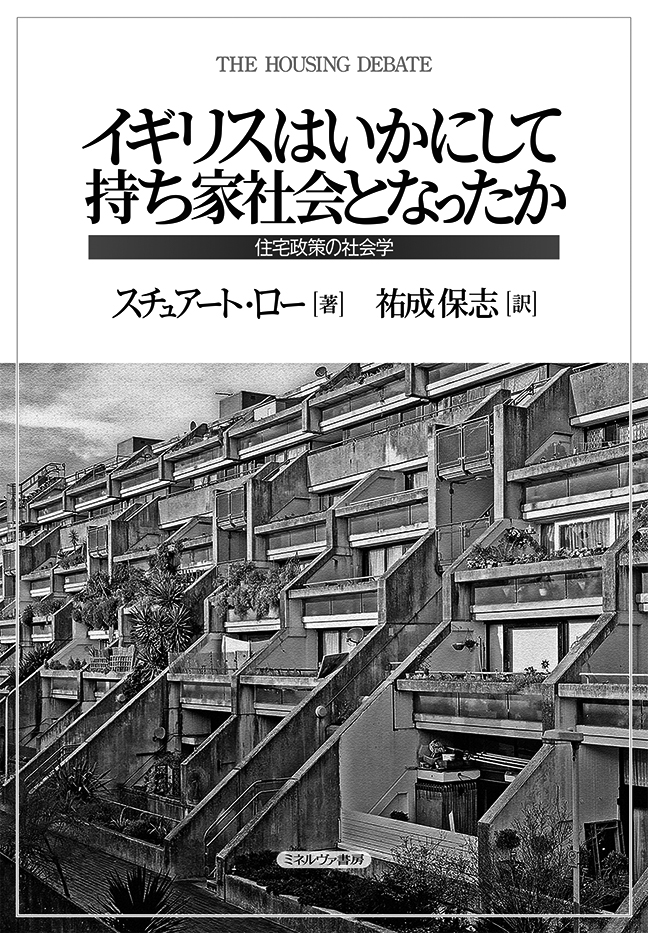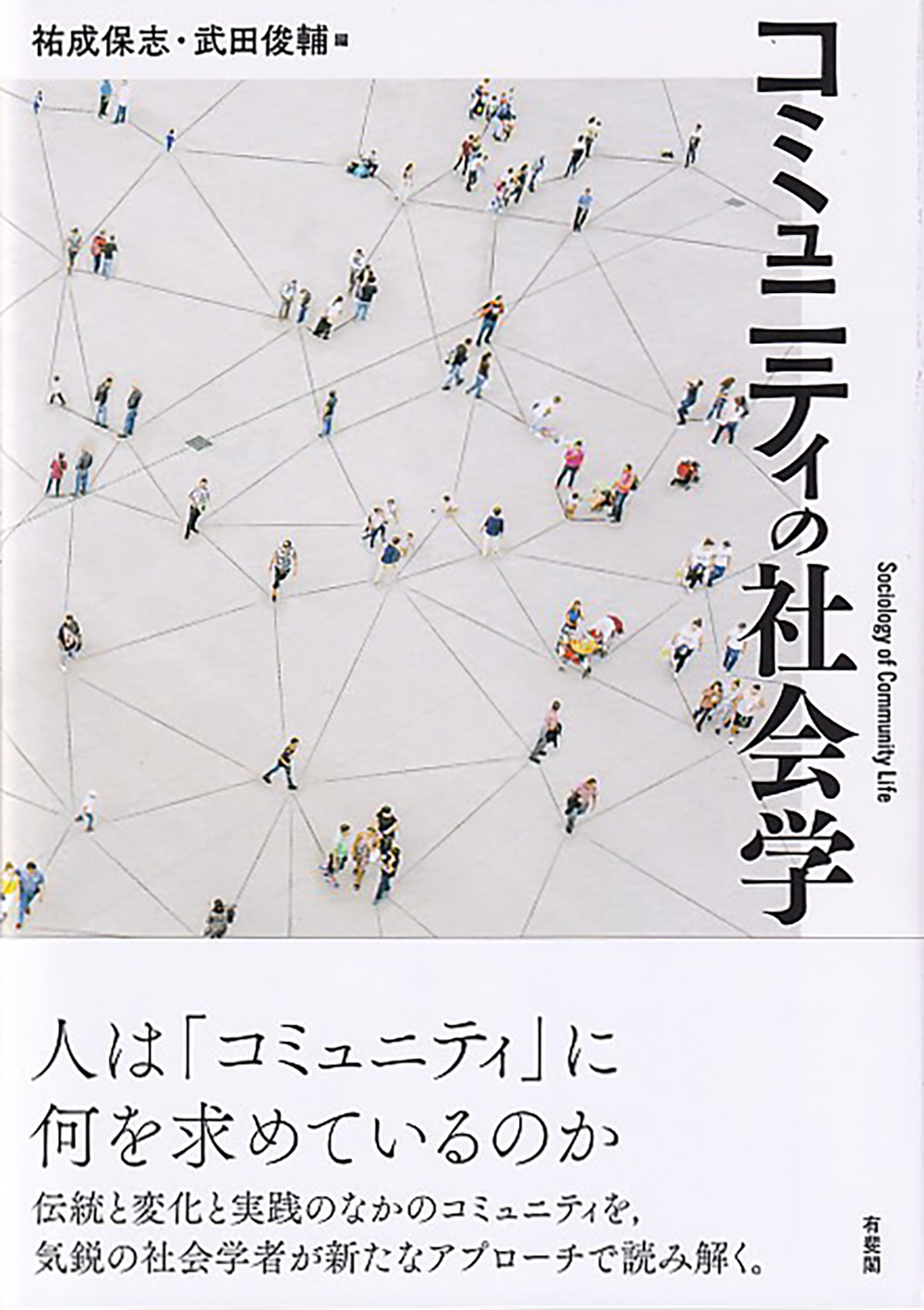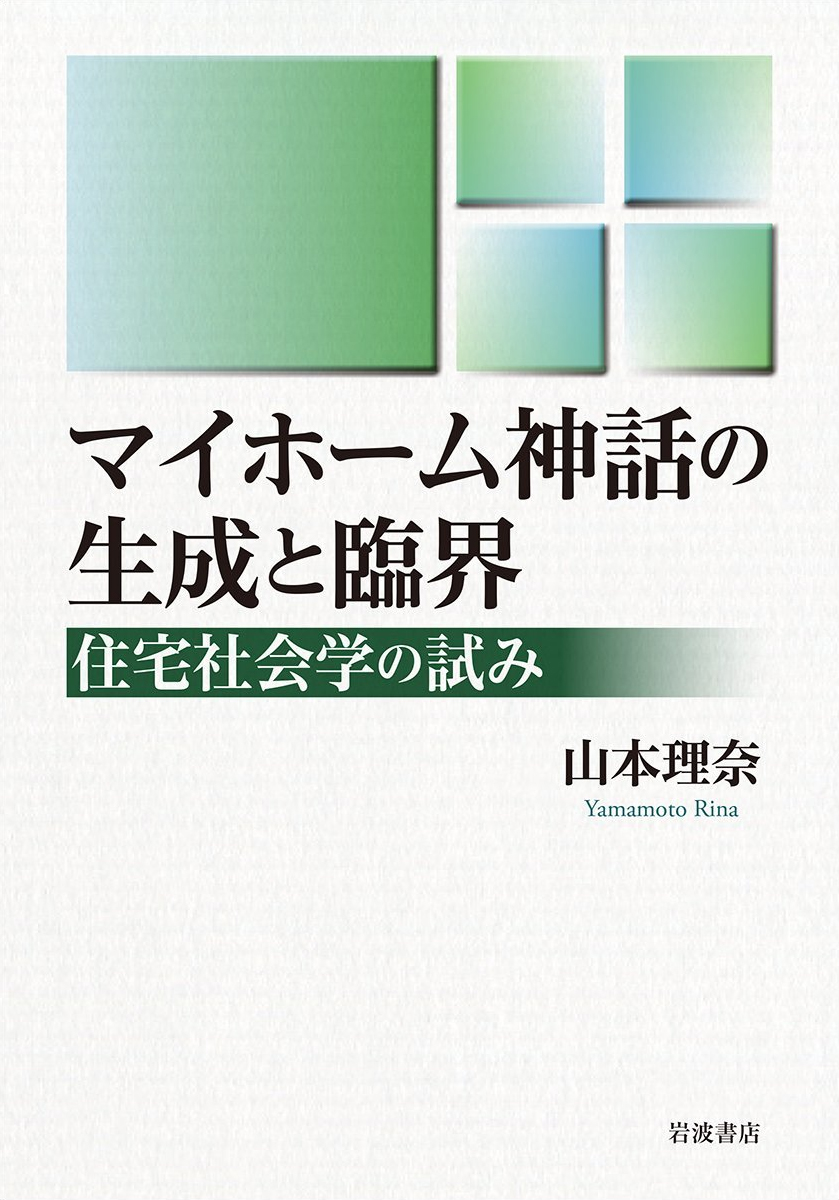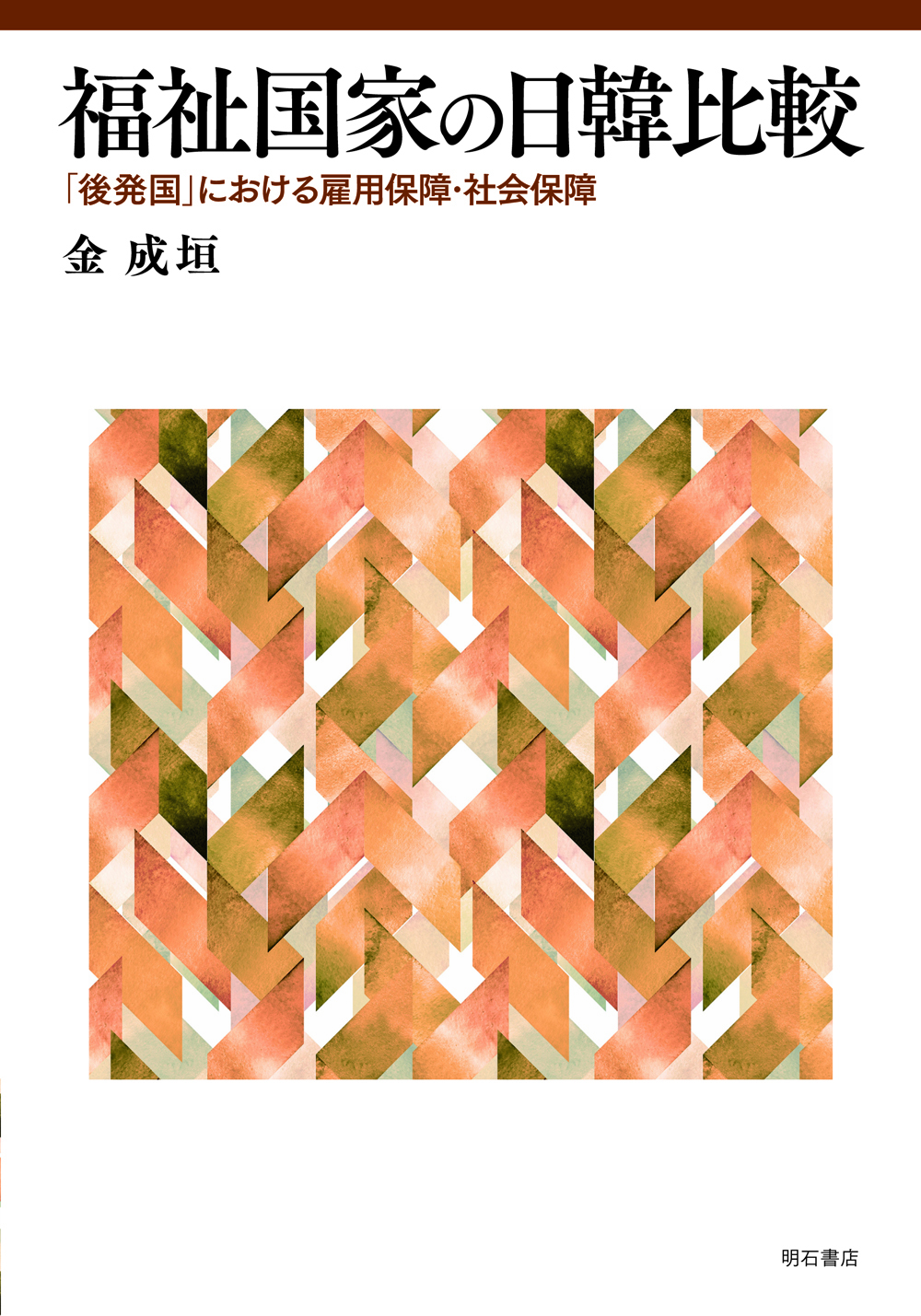
Title
Igirisu ha ikanishite Mochiie-Shakai to nattaka (A Japanese version of Stuart Lowe’s The Housing Debate)
Size
336 pages, A5 format
Language
Japanese
Released
September 10, 2017
ISBN
9784623079100
Published by
Minerva Shobo
Book Info
See Book Availability at Library
Japanese Page
Housing studies emerged in the 1980s in the field of social science and since the time it has evolved mainly in Europe. This relatively new research area has increasingly become the focus of diverse disciplines. The global financial crisis triggered by the subprime mortgage crisis of 2007 acted as a springboard for the development. Reflecting the accumulation of research, recent years have seen the successive publication of comprehensive and introductory books on this field. Stuart Lowe’s The Housing Debate (Policy Press, 2011) is an excellent example.
Prior to this book, the translator published a Japanese version of Jim Kemeny’s Housing and Social Theory (Routledge, 1992) in 2014 (Haujingu to Fukushikokka (Shin-yo-sha Publishing Ltd.)). Kemeny’s book, a classic and required reading in the area of housing studies, is a theoretical work written for experts. In contrast, Lowe’s book is targeted towards undergraduate and master’s students. Readers who find themselves interested in the topic are encouraged to read Kemeny’s book. Readers will more readily grasp the main points of housing studies by reading the two books in series.
The salience of this book includes its (1) introduction of theoretical concepts for analyzing housing as a social phenomenon, (2) contextualization of housing policy within broader social policy and within the welfare state, and (3) identification of features unique to the UK through international comparison. Thereupon, the author tells a turbulent “story” of housing policy in the UK.
While ingenious features as an introductory textbook are seen throughout the volume, the author, at the same time, develops his original argument regarding the relationship between the welfare state and housing; leaving readers with the sense that they are becoming increasingly caught up in the debate as they read through the pages.
Among the individual systems that constitute the welfare state (healthcare, pension, education, housing, etc.), housing has been referred to as a “wobbly pillar” or a “weak pillar.” Each system has its own unique logic. For example, the logic of healthcare cannot be applied to housing. Recognizing this fact, however, does almost nothing. Even though housing appears on a list of issues to be studied, its place is near the bottom of the list.
Going some steps further, Lowe questions the “pillar” metaphor, arguing that “…housing is not only an important pillar of welfare states, but when looked at in the broadest sense has become a foundation” (p.33). The insight of this argument lies in pointing out that housing appears to be peripheral exactly because it serves as the foundation of welfare states, brilliantly unveiling the scheme by which our perception is tricked.
The book reveals the importance of “time” in housing policy. Residential spaces as life resources are produced, managed and consumed by various stakeholders over the long term. The accumulated stock can only change gradually. For this reason, comprehending the origins and effects of housing problems requires investigation of long-term processes. In this book, Lowe reiterates the importance of focusing on the history, and particularly “the early stages,” of housing policy.
The true significance of events cannot be understood by viewing only a narrow time frame. This fact, while contributing to the tendency to overlook housing systems, is also entwined with the fact that housing forms the foundation of social structure. Will housing be viewed as a target worthy of investigation in social science? That depends on our observational capability and sociological imagination.
(Written by Yasushi Sukenari, Associate Professor, Graduate School of Humanities and Sociology / 2018)



 Find a book
Find a book





